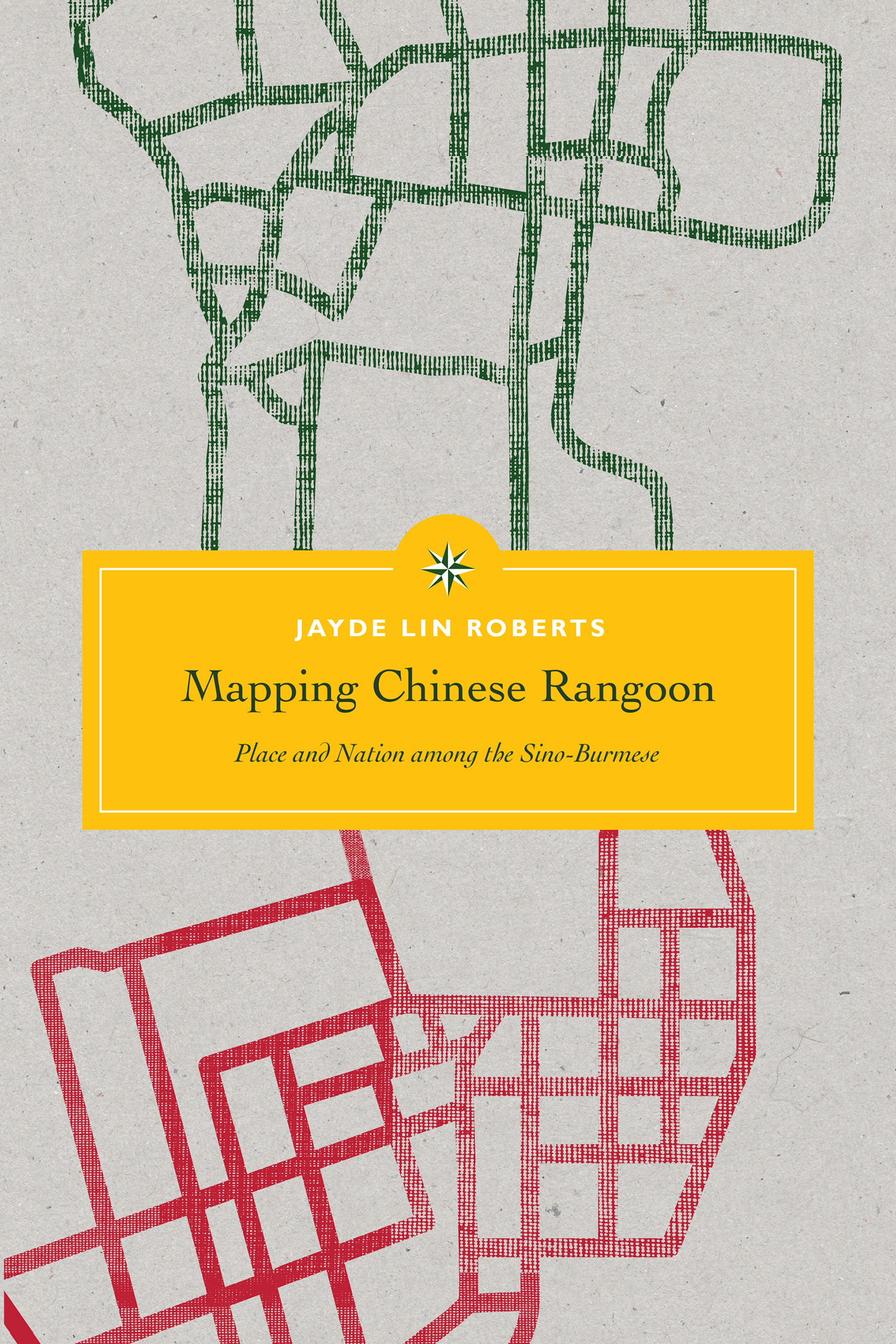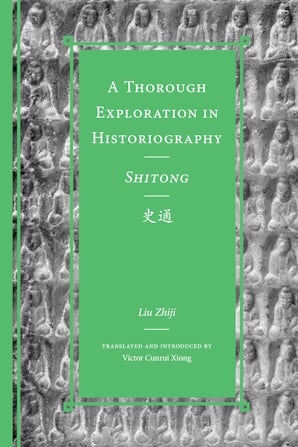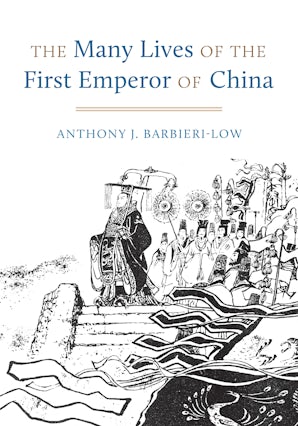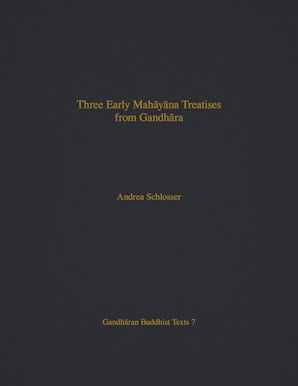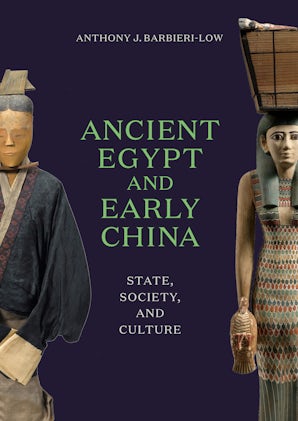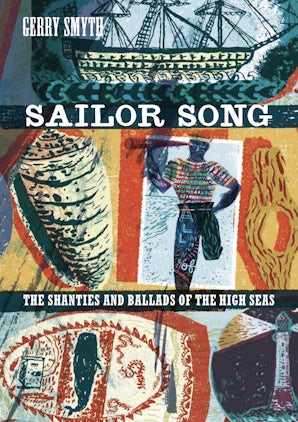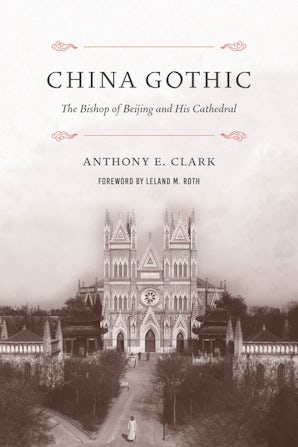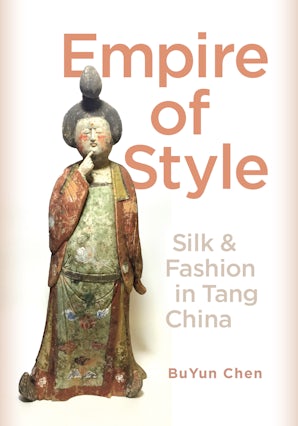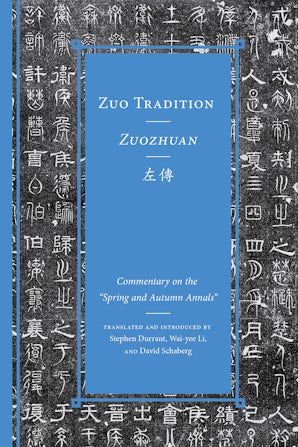Mapping Chinese Rangoon is both an intimate exploration of the Sino-Burmese, people of Chinese descent who identify with and choose to remain in Burma/Myanmar, and an illumination of twenty-first-century Burma during its emergence from decades of military-imposed isolation. This spatial ethnography examines how the Sino-Burmese have lived in between states, cognizant of the insecurity in their unclear political status but aware of the social and economic possibilities in this gray zone between two oppressive regimes.
For the Sino-Burmese in Rangoon, the labels of Chinese and Tayout (the Burmese equivalent of Chinese) fail to recognize the linguistic and cultural differences between the separate groups that have settled in the city—Hokkien, Cantonese, and Hakka—and conflate this diverse population with the state actions of the People’s Republic of China and the supposed dominance of the overseas Chinese network. In this first English-language study of the Sino-Burmese, Mapping Chinese Rangoon examines the concepts of ethnicity, territory, and nation in an area where ethnicity is inextricably tied to state violence.
